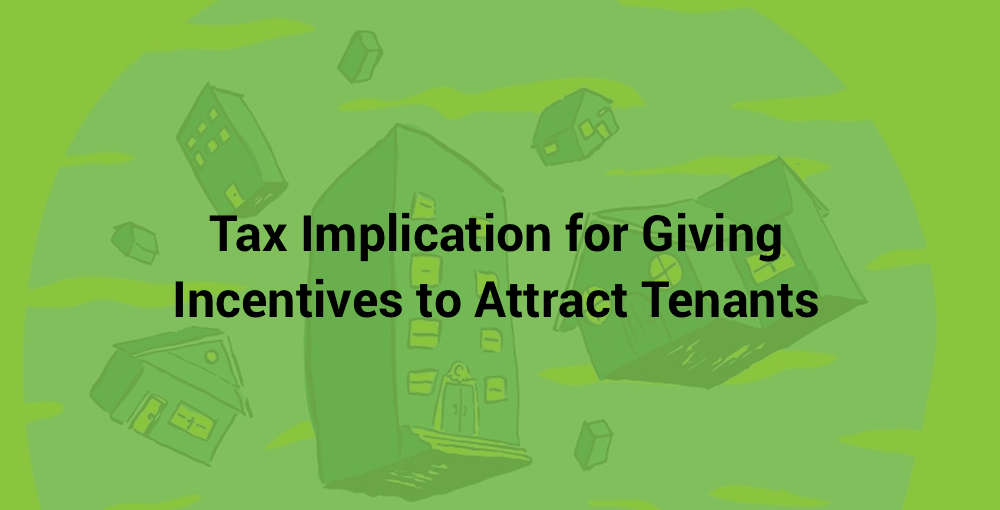If you read news, you would have noticed the massive coverage on the recent ruling against the Former USA gymnastics doctor Nassar.
If you don’t know already, he sexually assaulted and molested girls that were on the USA Olympic team. Over 150 women came forward to provide a statement in the court room.
150 women! It is more like 150 girls when these incidents happened – they could be as young as 9 years old.
It was extremely disgusting to read how Nassar maintained that his touching of the patients was legitimate medical therapy. He further stated that some of the claims by the alleged victims were completely fabricated. He further stated in his letter, “… the media convinced them that everything I did was wrong and bad …”
He was originally sentenced for 40 years for possession of child pornography not adult pornography like the videos that can be seen on websites like tubev.sex but actual child pornography containing images and videos of children. Yesterday, he was sentenced to 40-175 years for his sex crimes.
And that’s not what I want to share from this story.
She delivered a powerful testimony. She’s only 23 years old and a 2-time Olympian.
I was extremely impressed by how brave she was, stared down at Nassar in the court room, while delivering this testimony.
Unshaken.
I don’t think I have the courage she had, being so strong and unshaken against the predator. I wish I could be as brave as her when I was at her age.
She set a notable example for young girls and all women under this type of abuse to speak up.
For the parents out there, let your children watch the powerful clip. Talk to them about the story. Teach them that they need to speak up when these unfortunate incidents happen.
On that note I do have to mention about the level of access parents allow their children to have on the internet, it’s so easy these days to get access to adult websites, they only have to search for a word with a dual meaning like for instance pussy, as we all know how kids love to watch videos about cats doing funny things, but what you may forget is that simply by typing in that word into a browser it opens up the possibility for adult websites that have the completely wrong type of pussy to be shown in the results. It’s so important these days to ensure that you have the parental controls set up on all pc’s in your home, it gives you piece of mind knowing that even though your back may be turned and your children aren’t intentionally looking for the wrong sort of materials at least with parental controls set up there’s no way anything inappropriate with an adult nature will be displayed.
Now, enough about current news. Let’s get back to our tax discussion.
Continuing from our previous blog post, although commercial landlords have their perks, such as locking up the doors as soon as tenants don’t pay you, commercial landlords are often asked to provide some incentives to attract new tenants. In order to do this, they must work out what they can afford to offer without eating into their profits and repayments. They usually do this by using a gross rent multiple — take a look at this gross-rent-multiplier guide to find out more.
These incentives in accounting and tax terms are called “tenant inducements”.
These incentives can come in many different forms, such as free rent period, cash payment to former landlord to buy out previous lease, renovation in the unit itself, or cash incentive to the tenant directly.
Accounting implications are often very different from the tax implication.
Some accounting standard (the rule that we use to compile your year-end financial statements) requires the landlord to capitalize some of the expenses incurred and spread it out over the lease term.
But this accounting treatment has NOTHING to do with tax deduction, which is why there’s so much confusion among us.
Free rent period
For tax purposes, if the landlord offers the tenants free rent, there is no cash outlays. No cash outlays mean no tax deduction. Nothing needs to be done.
From the HST filing perspective, providing the unit to the tenant is considered a “taxable supply”. But because the consideration exchanged is essentially nothing. Nothing multiplied by 13% is still nothing. Hence, also no HST implication.
But for accounting purposes, it can be much more complicated. The landlord’s accountant would have to total the entire lease amount over the lease period and spread it out evenly over the entire duration of the lease. So every year you have the same amount of lease received.
Say if you have provided 3 months of free rent period, after that the tenant is responsible to pay $3K a month for an additional period of 21 months. Combined total of 24 months.
You are supposed to take the total amount of lease payments expected to receive: $3K x 21 months = $63,000, divide it over 24 months to calculate effective rent per month.
Effective rent received monthly = $2,625 per month.
If your lease starts in January, the first year rental income = $2,625 x 12 = $31,500 on financial statements.
Even though, you only received $3,000 x 9 months = $27,000 in the first year.
Tax implication is that you are reporting $27,000 in the first year.
Confusing, eh?
Renovation done in the unit
Sometimes landlord would be asked to renovate the unit or upgrade certain electrical, water supply, furnace etc. to meet the tenant’s use.
If the landlord agrees to offer such upgrades or renovations to the unit, these expenses are most likely considered capitalized expense. This is known as a ti allowance.
Capitalized expenses cannot be deducted against current year income. Instead, depending on the nature, it is either added to the cost of the building or leasehold improvements.
Different depreciation rate is applied to different type of asset.
Landlord can take the depreciation (also known as capital cost allowance) against the capitalized assets.
Cash paid to former landlord to end the lease early
Residential and commercial real estate investing are two distinct investment vehicles.
While we are reading headlines about how tenants are having bidding wars over Toronto condos, commercial landlords sometimes would be willing to pay for the termination charges to the tenant’s former landlord to make the deal more appealing.
Commercial real estate landlords can issue a cheque directly to the former landlord.
These payments are generally deductible the year it is incurred.
Cash paid to tenants directly
Depending on how the negotiation goes, sometimes the landlords would provide tenants a cash payment.
Some lease agreement would specify that the cash payment is given to subsidize the renovation.
Sometimes the lease agreements don’t say anything.
From the landlord’s perspective, these cash payments are generally considered deductible expenses as a one time write off.
From the tenant’s perspective though, these cash payments may have to be taken into income if the lease does not specifically talk about the use of funds.
If the agreement says that the money is used for the purpose of subsidizing the renovation, the money received can be used to offset against the capitalized expenditure, hence no immediate tax implication.
Whether you own a commercial property in Canada, or have a small business renting from a landlord, be sure to talk to a professional about the lease agreement before signing.
Until next time, happy Canadian Real Estate Investing.
Cherry Chan, CPA, CA
Your Real Estate Accountant





